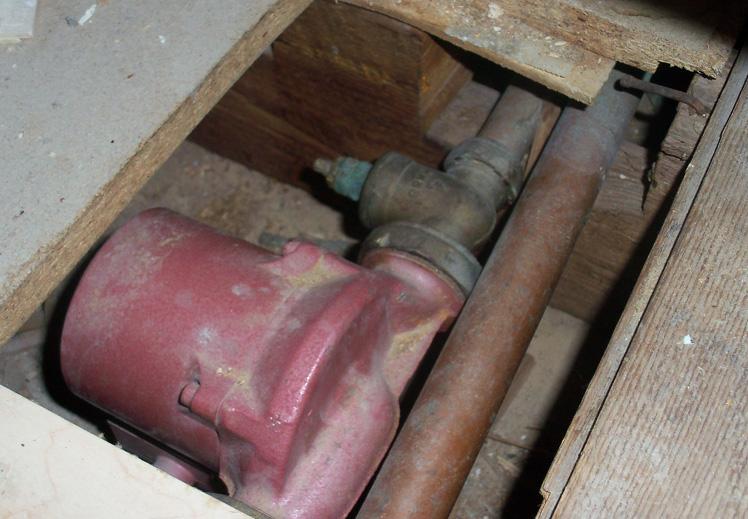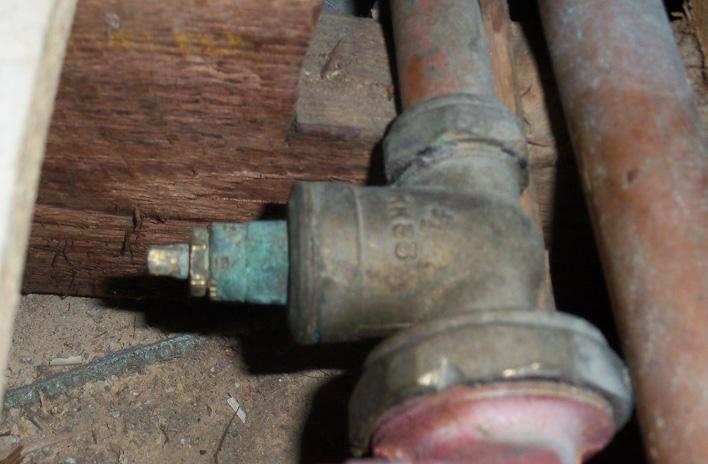I have a gas CH system I think they call it open vented (header tank in loft). Last year we had TVRs fitted to all but the hall and bathroom rads, since then two radiators - a single about 5ft upstairs and a double about 5ft downstairs gurgle like crazy for a good ten minutes when the pump kicks in, especially first thing in the morning when it first switches on.
I have bled, and bled the system....did I mention I had bled the system?
The odd thing is this only happens when the TVRs (Drayton TRV4) are set to a number other than Max - we normally have then set to 3. If the valve is fully open there is no noticeable gurgling.
I contacted Drayton who make the TRVs and they suggested I fully open the lockshield valve as it sounds like a 'restriction of flow'. I did that but it made little difference.
Over to you guys!!! I'll try anything that stops the CH waking me at 6am!
A little more information: 7 rads in total in the house. 3 doubles downstairs 4 singles up, no TRVs in hall or bathroom. System was cleaned with Fernox before valves fitted (Spt 2010) and cleaned again with Fernox last week.
I have bled, and bled the system....did I mention I had bled the system?
The odd thing is this only happens when the TVRs (Drayton TRV4) are set to a number other than Max - we normally have then set to 3. If the valve is fully open there is no noticeable gurgling.
I contacted Drayton who make the TRVs and they suggested I fully open the lockshield valve as it sounds like a 'restriction of flow'. I did that but it made little difference.
Over to you guys!!! I'll try anything that stops the CH waking me at 6am!
A little more information: 7 rads in total in the house. 3 doubles downstairs 4 singles up, no TRVs in hall or bathroom. System was cleaned with Fernox before valves fitted (Spt 2010) and cleaned again with Fernox last week.



